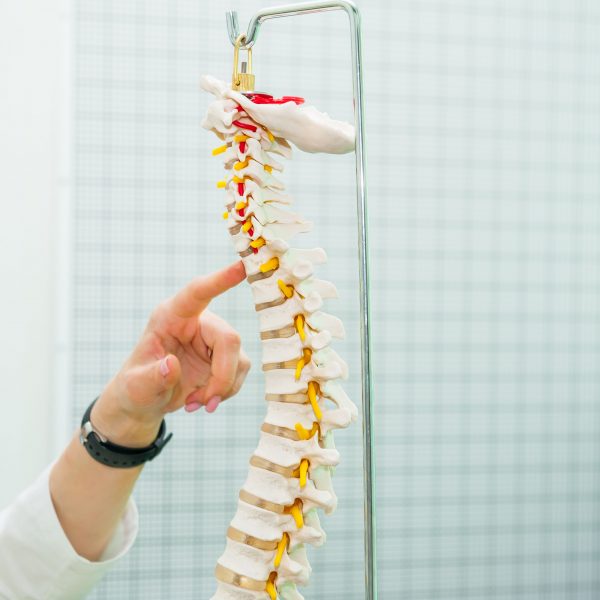The beauty and skincare industry saw a massive boom in the last three years. According to the market research company NPD Group, the prestige beauty market grew $18.8 billion in 2018, which is a six percent increase in sales from 2017.
Culturally, the disruption from the beauty industry is even more evident than its sales numbers, with sheet-mask selfies popular on Instagram and Kim Kardashian throwing a CBD-themed baby shower.
Beauty is one of the fastest-growing consumer industries today, so starting your home-based skincare line may be a potentially lucrative business idea. But because the competition is high, you’ll need to be smart and strategic with your startup. Here’s a guide to help you break into one of today’s hottest industries.
Do Your Research
Here’s where you decide what kind of products you want to sell, who your target market is, and what your USP is, among others. You need to learn as much as possible about the different skincare products in the market and decide whether you’ll be keeping up with the trends or sticking to the basics.
You’ll have to conduct a lot of experiments and try a variety of readily available and easy-to-make recipes if you plan to develop your own products. You have to customize recipes and introduce unique but basic products that can turn potential customers into buyers, then eventually to loyal patrons.
You can stick to bath essentials like soaps, lotions, hair products, and bath salts since these are generally easier to manufacture. Or you can also introduce a line of facial products, such as toners, moisturizers, and serums. Beauty-positioned supplements are also a good focus because this category saw a 61 percent increase in sales in the US last year.
Marketing, Packaging and Acquiring Supplies

Another vital decision to make is selecting the name and logo of your business. Choose a business name that resonates with your target public, reflects positively on your business and products, and is easy to remember. Consult a corporate lawyer to help you settle on a name that isn’t already in use by another business.
The packaging does more than make your products appealing. It needs to clearly identify the contents of the package, including the ingredients, and it must protect the product for the entire duration of its shelf.
It’s important to find a supplier that can provide you fair pricing and excellent quality on all the ingredients you need. It’s always better to buy in bulk because the prices can be negotiable. Inquire from different suppliers; seek special promos and discounts, and learn about shipping and handling fees so you can determine the best option.
If you’re planning to sell beauty-positioned supplements, look for reliable low MOQ manufacturers of supplements first so you can test the efficacy and saleability of the product.
Legal Requirements and Considerations
The FDA regulates cosmetic businesses under the Federal Food, Drug, and Cosmetic Act. This means that your cosmetic products must be properly labeled and safe for consumers under normal conditions of use.
It’s not illegal to make cosmetic products from your home. But it’s still your responsibility to make sure that the process is safe and up to code. Observe the FDA’s Good Manufacturing Practice Guidelines Inspection for Cosmetics to ensure that your manufacturing space is ready before an FDA official comes for an inspection.
There is a lot more going on behind the scenes of a startup, but this guide may help you successfully launch your in-home skincare business. Be strategic, and always think twice before making any permanent decisions to avoid major losses.






